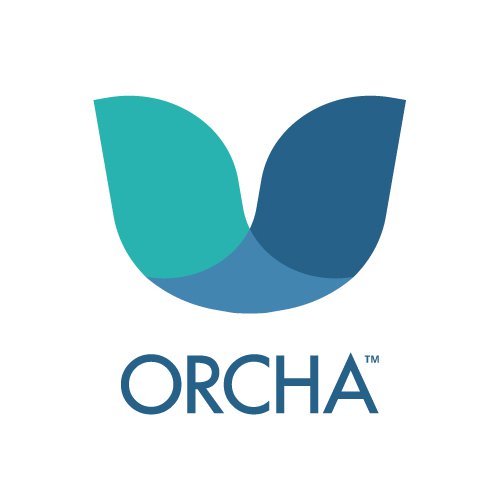In the wake of unprecedented NHS efficiency savings, increasing waiting lists, and a looming shortage of medical professionals, those concerned with proactively managing their health are turning to mobile or ‘m-health’, and the use of unregulated ‘apps.’
This infant industry is quickly gathering momentum, and with an estimated 165,000 health apps available for download as of 2015, the convenience and widespread availability of mobile health solutions presents an accessible, affordable and inviting opportunity to empower those looking to actively manage their health.
As of 2015, it was estimated that 71% of Britons (45.5million in total) owned a smartphone, 75% use smartphones or tablets to search for health information online, and over 90% would use mobile-health services to engage with healthcare professionals, in the event that these services were available.
Apps enable the possibility of making positive changes from the comfort of your own home, and can enable the treatment of thousands of individuals at the same time, with the treatment of one individual having absolutely no impact on the resources available to treat others.
Apps also presents a pragmatic opportunity to improve patient access and extend the effective reach of healthcare, to those who, for one reason or another, are not currently able to engage with services. Regrettably however, while poor quality medical devices rarely find their way to patients, the same cannot be said for health apps. As such, the reality is that there exists a considerable gap between the potential benefits that apps could provide in theory, and what they are currently likely delivering in practice.
ORCHA realises that setting a high standard from the outset is vital to achieving long-term benefit for both patients and the NHS. Through identifying and actively promoting the most clinically effective, safe and beneficial apps earlier in an individual’s m-health journey, all the potential benefits of apps, whether in terms of reducing treatment costs, extending the effective reach of healthcare, or improving NHS efficiency, have a far greater chance of being realised. In providing a clear means of navigating and finding the best app, and informing the decisions of those who download such apps, the good can be sifted from the bad and even the dangerous, and in doing so, can be given a chance to prevail. In doing so, the NHS and its patients can begin take full advantage of the apps revolution, engaging with this 21st century solution without the threat of unknowingly inflicting harm on users, and resulting in a more accessible healthcare system, with potential for large scale improvements in population health.
ORCHA presents a means of assessing the quality, safety, value and risk of the hundreds of thousands of apps available to choose from, so we can begin to do so. http://www.orcha.co.uk/

